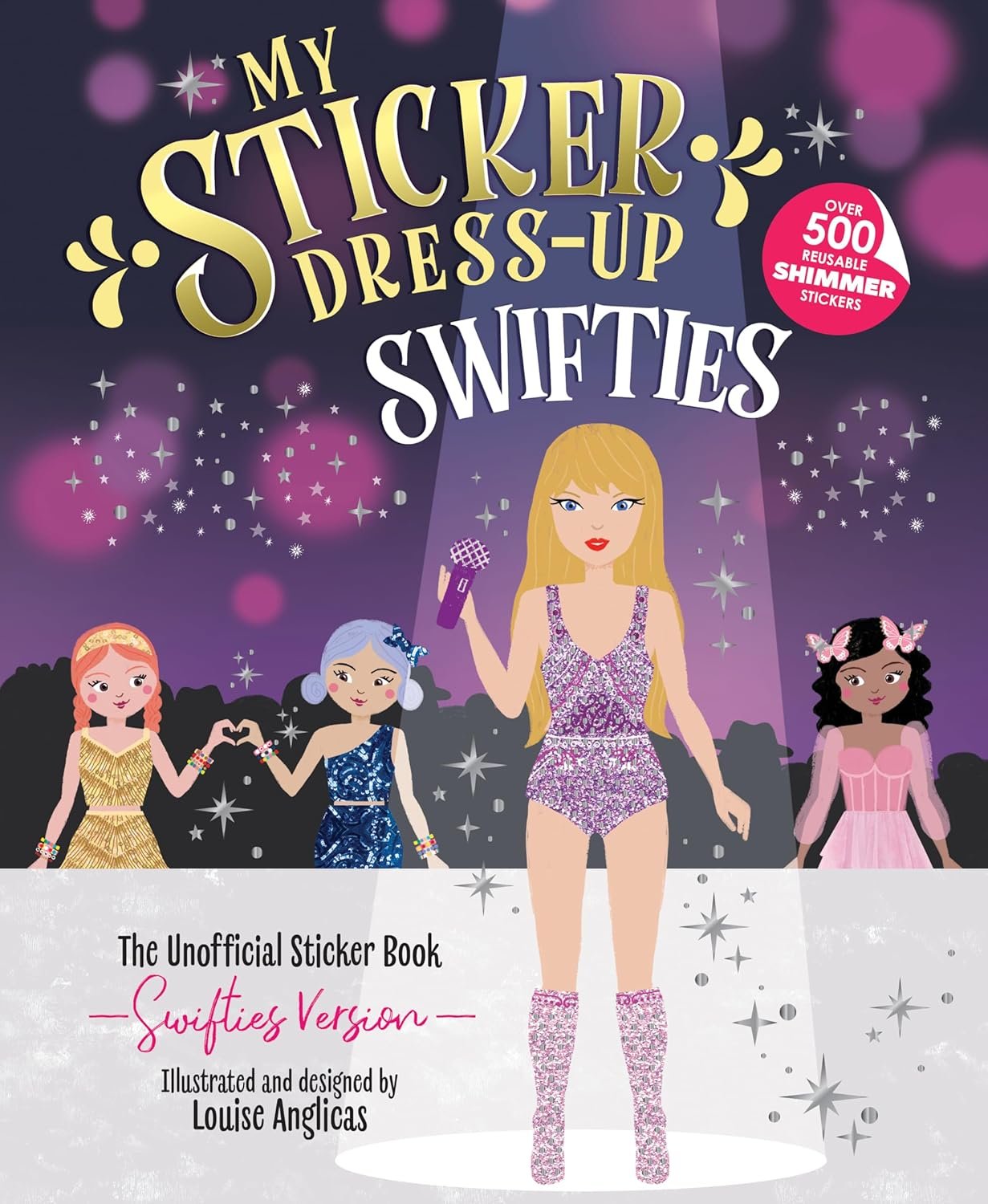March is such a fickle month.
It is the seam between winter and spring—though seam suggests an even hem, and March is more like a rough line of stitches sewn by an unsteady hand, swinging wildly between January gusts and June greens. You don’t know what you’ll find, until you step outside.
Estele used to call these the restless days, when the warmer-blooded gods began to stir, and the cold ones began to settle. When dreamers were most prone to bad ideas, and wanderers were likely to get lost.
Addie has always been predisposed to both.
It makes sense then, that she was born on the 10th of March, right along the ragged seam, though it has been so long since Addie felt like celebrating.
For twenty-three years, she dreaded the marker of time, what it meant: that she was growing up, growing old. And then, for centuries, a birthday was a rather useless thing, far less important than the night she signed away her soul.
That date a death, and a rebirth, rolled into one.
Still, it is her birthday, and a birthday deserves a gift.
She pauses in front of a boutique, her reflection ghosted in the glass.
In the broad window, a mannequin poses mid-stride, its head tilted ever so slightly to one side, as if listening to some private song. Its long torso is wrapped in a broad-striped sweater, a pair of oil-slick leggings vanishing into knee-high boots. One hand up, fingers hooked in the collar of the jacket that hangs over one shoulder. As Addie studies the mannequin, she finds herself mimicking the pose, shifting her stance, tilting her head. And maybe
it’s the day, or the promise of spring in the air, or maybe she’s simply in the mood for something new.
Inside, the boutique smells of unlit candles and unworn clothes, and Addie runs her fingers over cotton and silk before finding the striped knit sweater, which turns out to be cashmere. She throws it over one arm, along with the featured leggings. She knows her sizes.
They haven’t changed.
“Hi there!” The cheerful clerk is a girl in her early twenties, like Addie herself, though one is real and aging and the other is an image trapped in amber. “Can I get a room started for you?”
“Oh, that’s okay,” she says, plucking a pair of boots from a display. “I’ve got everything I need.” She follows the girl to the three curtained stalls at the rear of the shop.
“Just give me a shout if I can help,” says the girl, turning away before the curtain swings shut, and Addie is alone with a pillowed bench, and a full-length mirror, and herself.
She kicks off her boots, and shrugs out of her jacket, tossing it onto the seat. Change rattles in the pocket as it lands, and something tumbles out. It hits the floor with a dull clack and rolls across the narrow changing room, stopping only when it meets the baseboard.
It is a ring.
A small circle carved of ash-gray wood. A familiar band, once loved, now loathsome.
Addie stares at the thing a moment. Her fingers twitch, traitorous, but she doesn’t reach for the ring, doesn’t pick it up, just turns her back on the small wooden circle and continues undressing. She pulls on the sweater, shimmies into the leggings, zips up the boots. The mannequin was thinner, taller, but Addie likes the way the outfit hangs on her, the warmth of the cashmere, the weight of the leggings, the soft embrace of the lining in the boots.
She plucks the price tags off one by one, ignoring the zeroes.
Joyeux anniversaire, she thinks, meeting her reflection. Inclining her head, as if she too hears some private song. The picture of a modern Manhattan woman, even if the face in the mirror is the same one she’s had for centuries.
Addie leaves her old clothes strewn like a shadow across the dressing room floor. The ring, a scorned child in the corner. The only thing she reclaims is the discarded jacket.
It’s soft, made of black leather and worn practically to silk, the kind of thing people pay a fortune for these days and call it vintage. It is the only thing Addie refused to leave behind and feed to the flames in New Orleans, though the smell of him clung to it like smoke, his stain forever on everything. She does not care. She loves the jacket.
It was new then, but it is broken in now, shows its wear in all the ways she can’t. It reminds her of Dorian Gray, time reflected in cowhide instead of human skin.
Addie steps out of the little curtained booth.
Across the boutique, the clerk startles, flustered at the sight of her. “Everything fit?” she asks, too polite to admit she doesn’t remember letting someone into the back. God bless customer service.
Addie shakes her head ruefully. “Some days you’re stuck with what you’ve got,” she says, heading for the door.
By the time the clerk finds the clothes, a ghost of a girl on the changing room floor, she won’t remember whose they are, and Addie will be gone, from sight and mind and memory.
She tosses the jacket over her shoulder, one finger hooked in the collar, and steps out into the sun.





